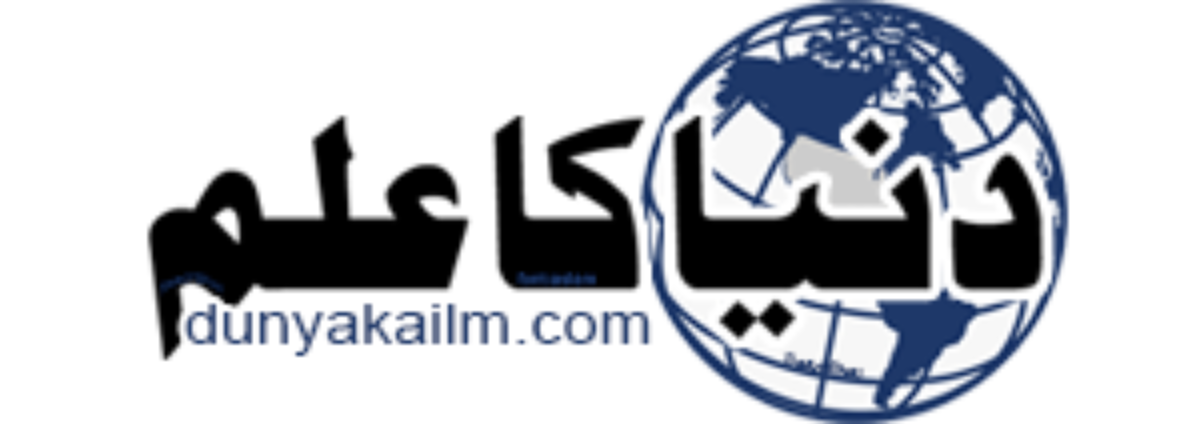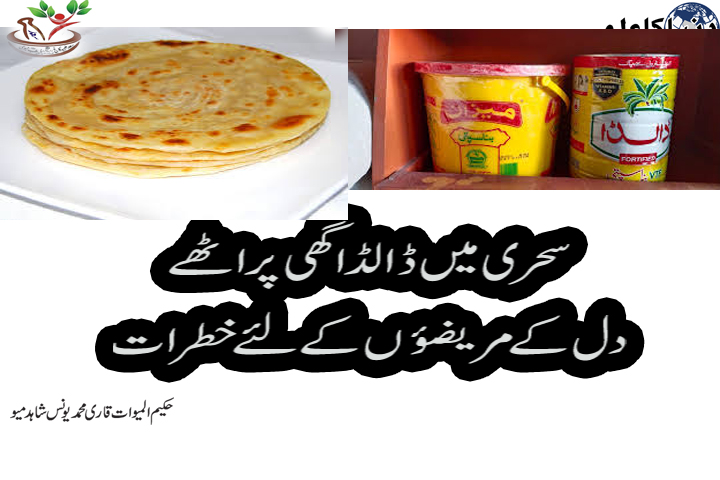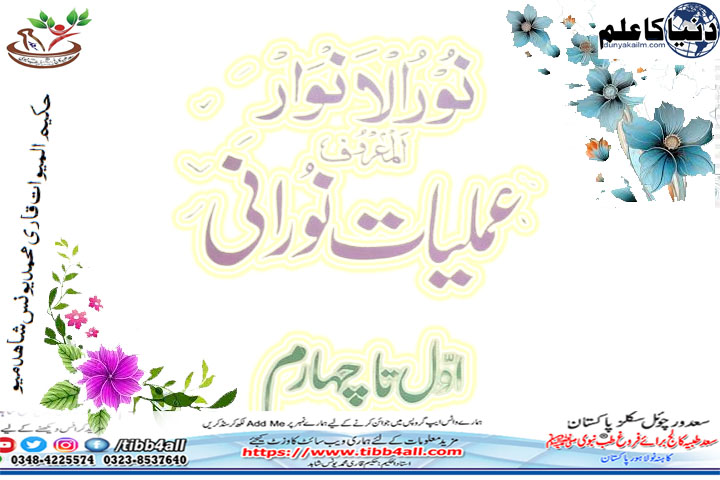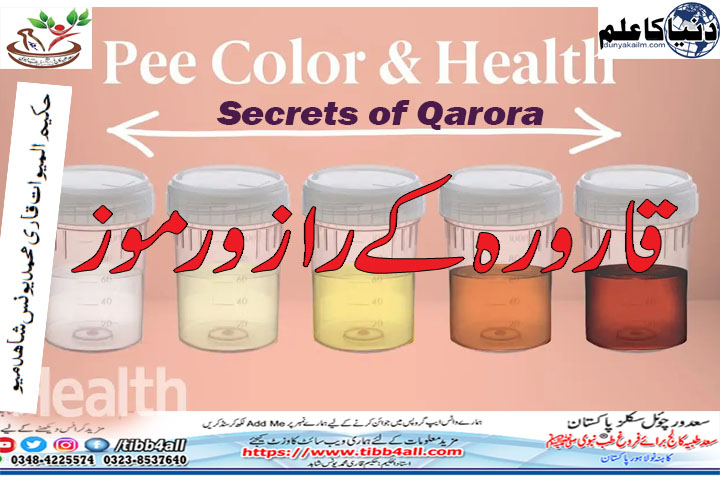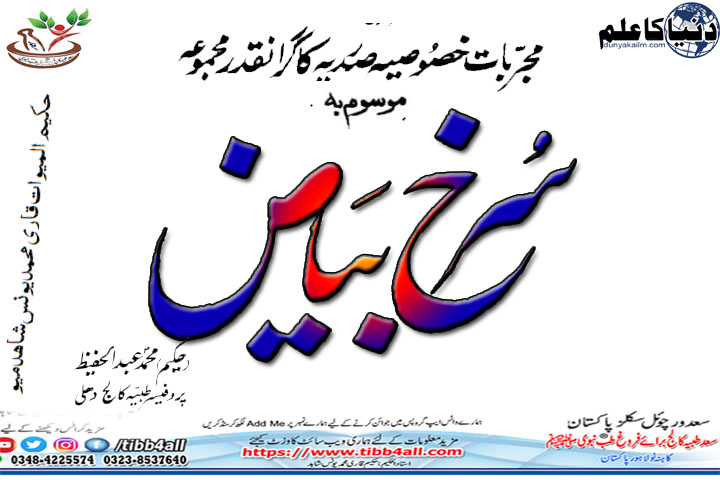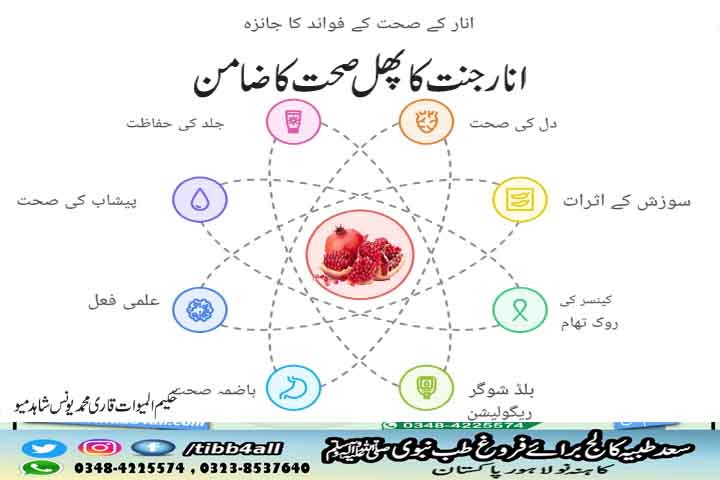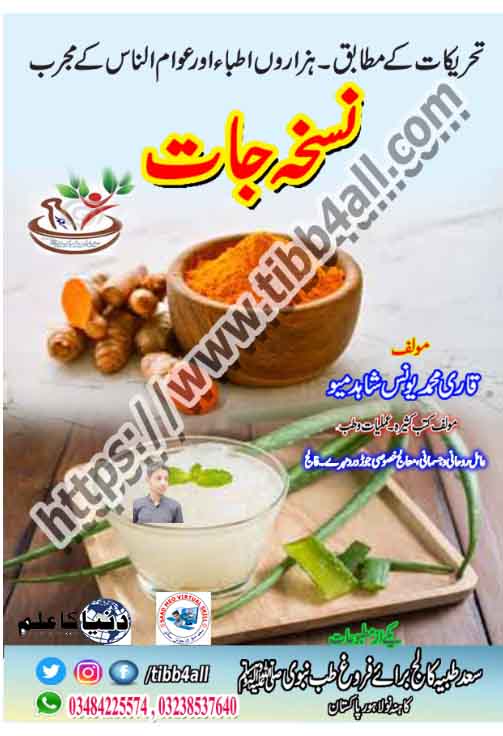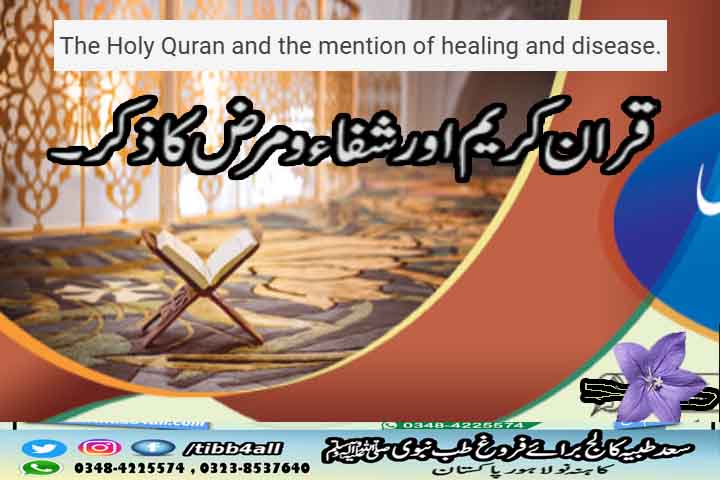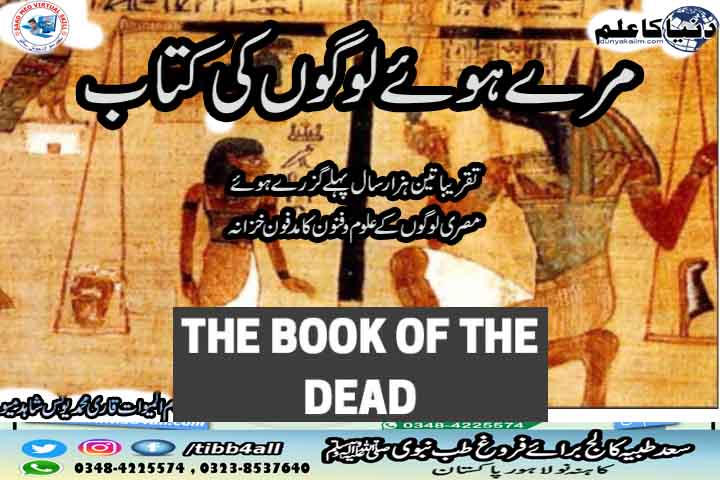History of Western Herbal Medicine
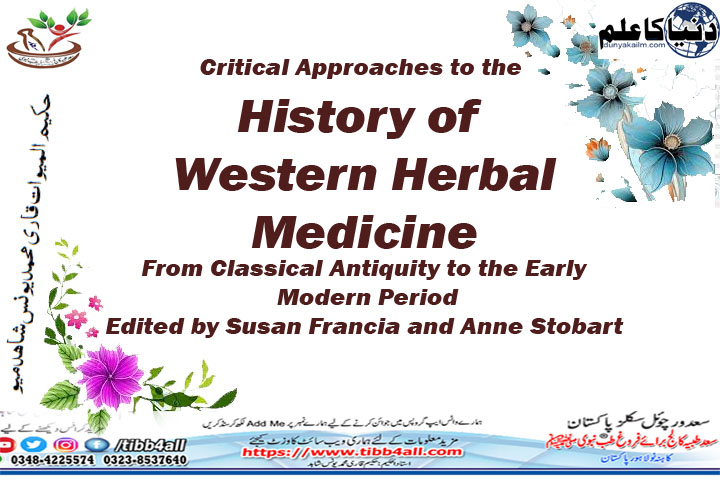
Foreword
The history of herbal medicine is, up until the eighteenth century, largely the history
of medicine itself. Even though herbs would be mixed with animal parts and minerals,
most materia medica came from the plant kingdom, and herbs were for everyday use.
The use of metals and minerals in medicine was made widely popular by Paracelsus
(1493–1541), who burned the books of Avicenna (c. 980–1037 ce),

Galen (c. 130–c.
200 ce) and Hippocrates (c. 460–c. 357 bce) in the early sixteenth century. Many
metals were toxic, but these were more likely to be used by physicians, and it was often
said jokingly that well-off patients – who were able to afford a doctor – were more
likely to die than poor people who could not. In many cases, the treatment was more
dangerous than the disease and, since treatments included arsenic, lead, and mercury
salts, this is not surprising. Some were so harsh that it led Samuel Hahnemann (1755–
1843) to create homeopathy in 1790, but herbal medicine remained widespread in
both lay and professional practice and was probably much safer. Many consider this
still to be the case.
Although there are very many ‘herbals’, there are few scholarly books dealing
specifically with the history of herbal medicine and many books on the history of
medicine soon divert their efforts into the branch of study which leads to modern
medicine, that is, the isolation of naturally occurring highly potent chemicals and the
development of synthetic drugs. Aspirin, based on the active principle of meadow-
sweet (Filipendula ulmaria) and willow bark (Salix spp.), was first synthesized in 1897,
and Erlich’s manufacture of the first totally synthetic chemotherapeutic drug, arsphen-
amine (Salvarsan), occurred in 1907. After this time, most texts neglect advances
made in the study of herbal medicine, which rather implies that herbal medicine has
remained static, despite the evidence that it is evolving and has even experienced a
renaissance in the late twentieth and early twenty-first centuries.
New forms of traditional herbal medicine from China, India and other parts of
Asia have been introduced into the West, and herbs from foreign lands have always
formed part of the pharmacopoeia and become integrated into each country’s
medicine system, both conventional and otherwise. Clinical studies have been carried
out on some herbal medicines and found them to be effective, and herbal medicine is
as relevant today as it ever has been, occupying a special place in the treatment, and
particularly the prevention, of certain types of disease. Nutritional therapies, always a
part of medical herbalism, are also now very popular with consumers, and form part
of the modern array of supplements available to patients to select for themselves. The
European Union is now supporting and funding scientific studies into the efficacy and
mechanisms of action of long-standing herbal drugs, and since many of our current
drugs were originally derived from plant medicines used in a traditional manner, we
can hope – or even assume – that more may follow, which makes the study of the
Foreword xv
history of herbal medicine highly relevant today, and this book shows how herbal
medicine has been viewed and studied over the years.
The history of herbal medicine has been described many times, but rarely in a
critical or scholarly way, and even more rarely using new and revised primary sources
which are discussed by social, medical and other historians, medical scientists, herbal
practitioners, language experts, anthropologists, ethnobotanists and even an archaeo-
ethnopharmacologist. Their scholarly contribution and analysis of the sources has
produced a fascinating and reliable account of this long-neglected subject, which is
unique in my experience. As the editors explain, herbal history is fragmented, and
they provide a way forward for the unification and regeneration of this branch of
social and medical history which has been enthusiastically welcomed. The story starts
with early Greek medicine and progresses to medieval herbals, with an emphasis
on early-modern midwifery manuals, since midwives were likely experts on herbs
and ‘women’s troubles’ and their treatment. New archival sources are also described,
including trade and probate accounts. Some of the most important herbal sources
are described, including texts relating to Dioscorides (c. 40–90 ce), William Turner
(c. 1508–68) and John Parkinson (c. 1567–1650), as well as other significant figures
and their works. Finally, to the future: how ethnobotany can inform the study of the
history of herbal medicine, which may then inform the future too.
Anne Stobart and Susan Francia have brought contributors together who possess a
wide spectrum of expertise, and in many cases were previously unknown to each other.
They are certainly to be congratulated, but may find they have started something…
Elizabeth M. Williamson, BSc(Pharm), PhD, MRPharmS, FLS, Professor of Pharmacy,
University of Reading, UK
